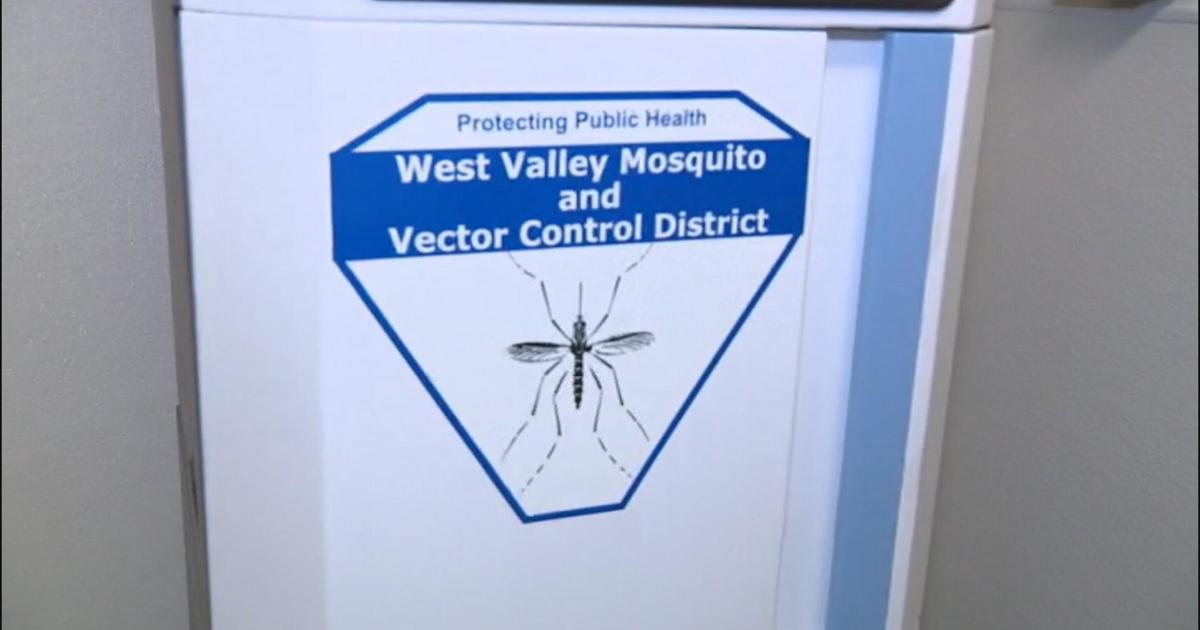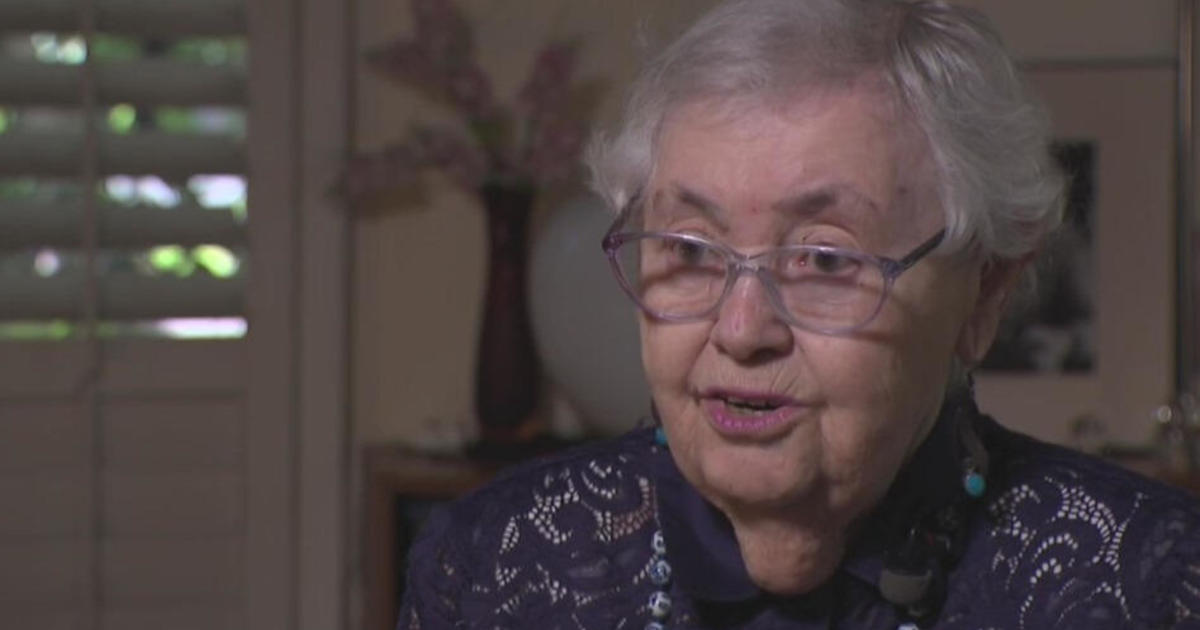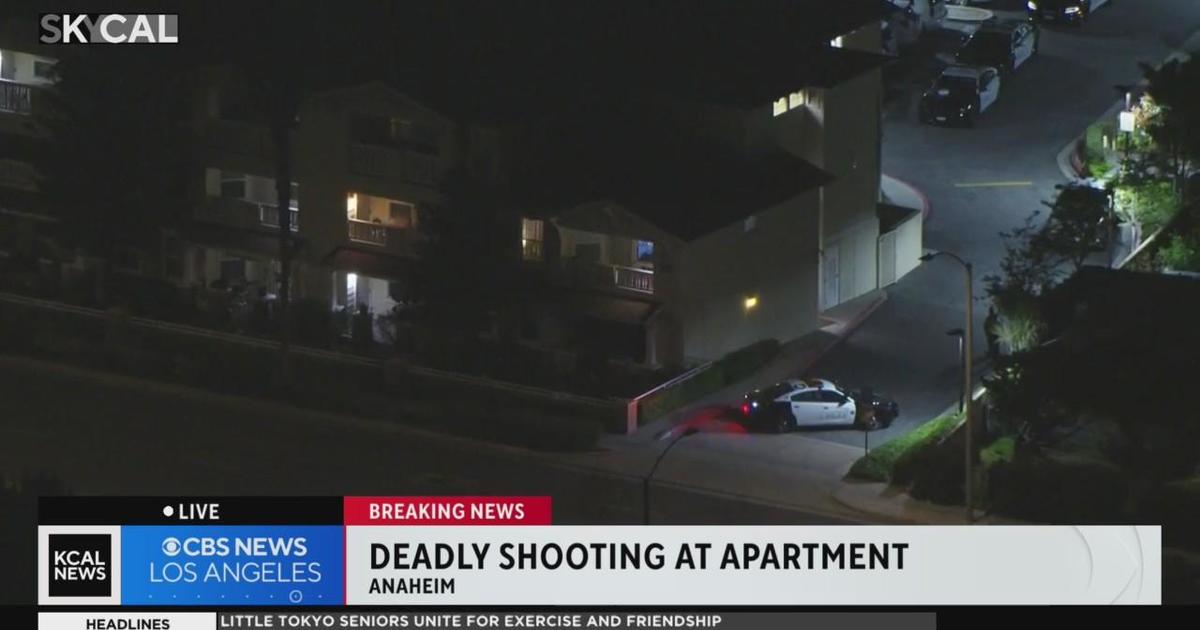Mom Learns A Lesson About Dangers Of Self-Diagnosis Online
HIDDEN HILLS (CBSLA.com) — With so much health information at your fingertips, people may think they are doing the smart thing by researching their illness, condition or symptoms online.
But CBS2/KCAL9 reporter Andrea Fujii shows self-diagnosing may not be a wise thing to do.
Debbie Kaufman of Hidden Hills said she started feeling symptoms in July. "I started to feel ... I wouldn't even describe it as a pain, more like a weird feeling in one spot of my stomach," she said.
The mother of three went to an urgent-care clinic, where a doctor told her they found something on an MRI.
"He's like, well, you have about three to four nodules on your liver. We don't know what they are. They could be cancer. They could be benign," said Kaufman. "I was so upset, sad, devastated, thinking about what I need to do before I die."
She said the doctor did not give her any information about the type of nodule she had. So while waiting for more tests, Kaufman went looking for answers by scouring medical websites.
"I was seeing liver cancer, information on liver cancer," Kaufman said. She convinced herself of the worst.
Kaufman spent what little time she thought she had left with her daughters. "So, I was thinking: Who's going to take care of the kids? Just the things that would go through any mother's head," she said.
She then made an appointment to see Anton Bilchik, the chief of medicine and professor of surgery at John Wayne Cancer Institute in Santa Monica.
"In her case, she was pretty convinced that she had something very severe," Bilchik said. But once he saw Kaufman's MRI, he had a different diagnosis.
"Here I was, like, panicking. I couldn't even move. I was so scared. And he was just very optimistic about it. He's like: I'm 99 percent certain this is not cancer," Bilchik said.
Four days later, Kaufman had surgery.
"We were able to remove the small growth that turned out to be completely benign." Bilchik said.
Kaufman breathed a sigh of relief. "So, I misdiagnosed everything. And I wasted so much of my energy," she said.
But Kaufman is not alone. The National Institutes of Health reports more than a third of adults use the Internet to self-diagnose.
"Just about every patient I see, I walk into the room, and the first thing I ask is: what have you read?" said the oncologist said. He said a lot of the information patients read is wrong, a trend that has been confirmed by a recent study led by Harvard Medical School. It found that online symptom checkers correctly diagnosed symptoms only 34 percent of the time.
Bilchik said that number is disturbing. "I have a lot of concern that treatable, curable conditions are going to be missed or the treatment is going to be delayed," he said.
WebMD, one of the most popular medical-and-symptom checker websites, released a statement that reads: "WebMD should not be used as a substitute for professional healthcare or used in place of a diagnosis or treatment by a medical professional."
Bilchik did say that skipping the doctor and going to medical websites can be helpful for minor issues like a cold or the flu. But there is a caveat. "If the patient's symptoms persist, despite what the website may say, it's important to go see the doctor," he said.
Kaufman, now with a clean bill of health, said she will go straight to the doctor rather than her computer from now on.
"Anything you look up on the Internet, it pretty much says you're going to die — and soon," she joked.



